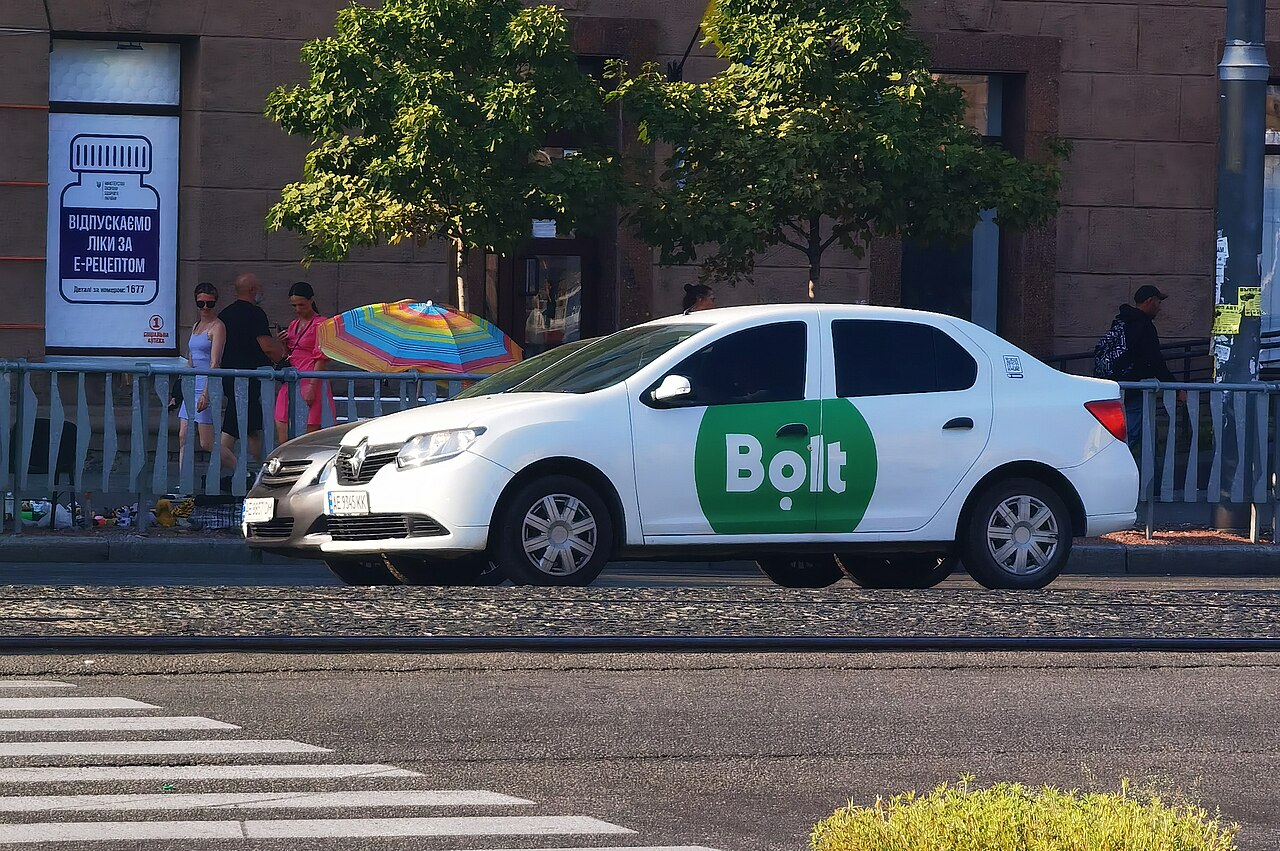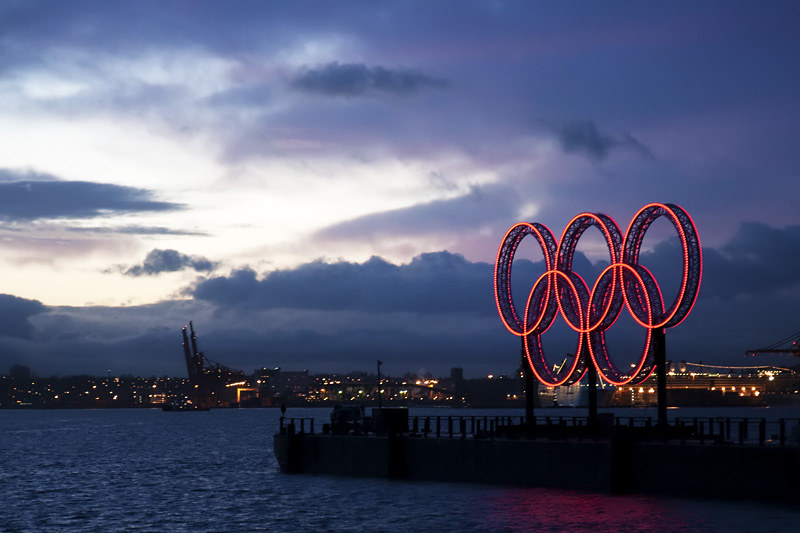Thirty years have passed since the end of apartheid, yet the question lingers—does South Africa still have a racism problem?
On Thursday night, The Big Debate dived into one of South Africa’s most enduring issues: racism. The discussion brought together a panel of activists, commentators, and thought leaders to assess the progress and challenges that remain.
For 46 years, racial segregation was institutionalised, and undoing its damage required significant efforts. In 1994, a Government of National Unity was formed, symbolising a commitment to inclusivity, with two deputy presidents, one black and one white. While this painted a pretty picture to foreign observers it did little to address an issue that is systemic in our country.
One of the most notable interventions was the Truth and Reconciliation Commission (TRC), established in 1996. The TRC aimed to uncover the truth about the atrocities committed during apartheid and promote healing through collective forgiveness. Around 21,000 victims testified, with 2,000 sharing their stories publicly.
Now, the TRC, for all its achievements, has been criticised for focusing on only forgiveness, not accountability. One of the TRC’s recommendations was for those recognised as victims to receive reparations payments of R30 000 each. Only an estimated 10% have received this grant.
“Reconciliation must be preceded by justice,” said Black consciousness activist Jackie Shandu. This then begs the question, 30 years into democracy, should white South Africans apologise for apartheid?
The debate revealed that while some white South Africans actively work towards reconciliation and equality, others continue to perpetuate racist attitudes and behaviours. The legacy of apartheid has ingrained a system of oppression that requires ongoing effort and commitment from all sectors of society to dismantle. “We want white people to listen,” says Lexi (aka sunnybunny_hunny on TikTok).
For many White South Africans, understanding the depth of this issue involves recognising its historical context. Journalist Ayanda Sishi-Wigzell highlighted that black South Africans had a rich history before colonialism, a narrative often overshadowed in contemporary discussions. Acknowledging this pre-colonial history is crucial for a comprehensive understanding of the racial dynamics in South Africa today.
Additionally, marketing guru and commentator Zethu Gqola stressed the importance of education in honestly depicting the realities of racism and apartheid. Without this foundation, tackling the race debate remains a formidable challenge. Educating the youth with a complete narrative of the past is the first step to bandaging the deep wound of racism in our country.
Shandu pointed out that white people need to understand that they still benefit from apartheid’s structures and that race relations are fundamentally power relations. But racism cannot be wholly undone just by those who benefited from apartheid. Activist and social media commentator Botlhale Nompumelelo emphasised that black South Africans need to stop appealing to the “white oppressor” for humanity and take decisive action to usher in a new era.
As South Africa looks back on 30 years of democracy, the path forward requires a collective effort to address racism, ensure accountability, and promote economic transformation. Only through these measures can South Africa hope to build a truly equitable and just society for all its citizens.
The Big Debate is a South African current affairs show airing its 12th season. This town hall debate show has been on air for 15 years, and this season coincides with the national elections. Explain has partnered up with The Big Debate to cover the series as it unpacks these issues.
Read more articles from this series:
Political Parties Fall Short on GBV
What’s the plan for South Africa’s future? The Big Debate asks the big three parties
Tintswalo Debate: Unpacking South Africa’s Democratic Reality




